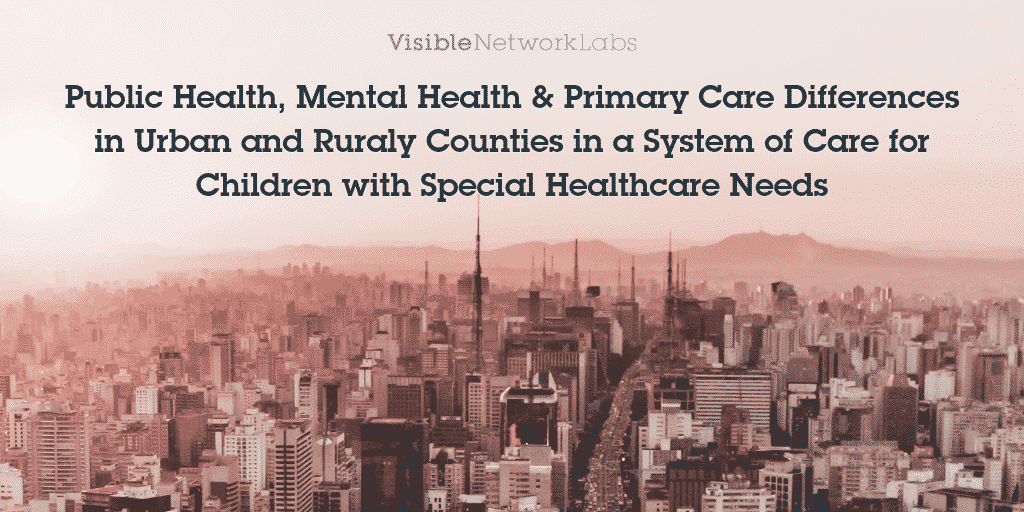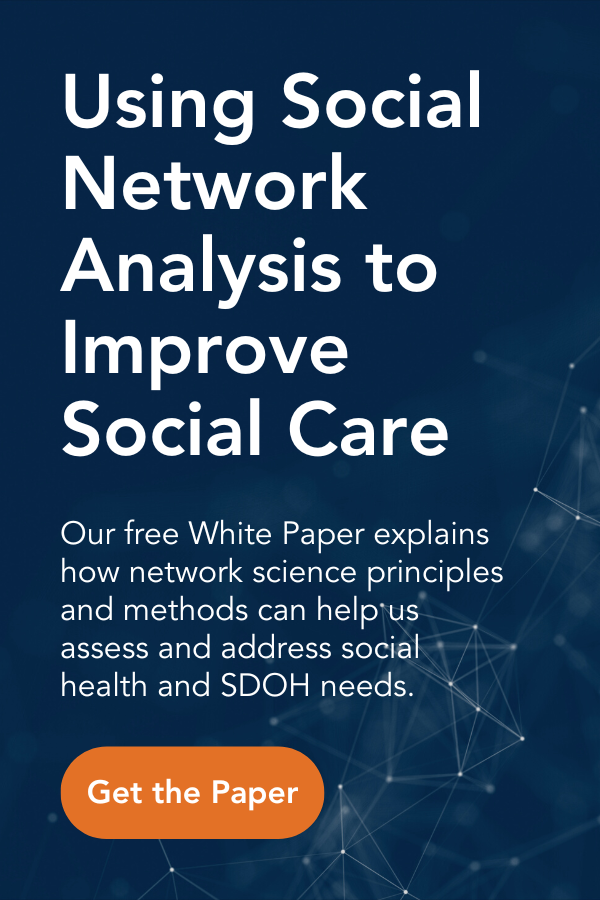
Background: Collaboration among partners in a health system of care (SOC) has many benefits. In large and complex systems, the role of public health, mental health, and primary care play critical roles in the provision of care. How these systems vary across urban and rural settings is understudied. Understanding of perceived roles and ongoing collaboration across these sectors in urban and rural communities is needed.
Methods: We assessed geographic and sector of care differences among members of a SOC providing care to CHSNC. In this study, dyadic data (n=698) from a 2013 statewide SOC for CSHCN were analyzed to explore the relationships between sectors (mental health, public health and primary care) and geographic settings (urban, rural, mixed).
Results: The majority of partnerships were reported among urban partners (n=484), followed by mixed (n=136) and rural (n=78). Significant variation was found in frequency (p<0.001) and level of involvement by geographic setting (p<0.001). Resource contribution, frequency of interaction, involvement, reliability, geographic setting, and mission congruence significantly differed across sectors.
Conclusions: This research indicates there are opportunities to strengthen primary care and public health relationships as well as leverage limited but valued mental health resources to further improve the care provided to CSHCN.
Keywords: Primary care, Mental health, Public health,Healthcare, Social networks, Partnerships
|
|
Thank you for Signing Up |

More Social Care Resources




